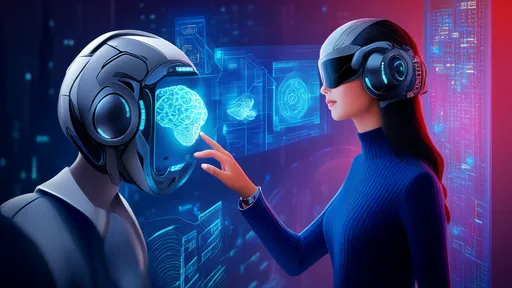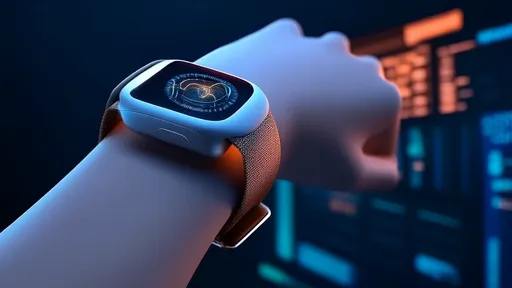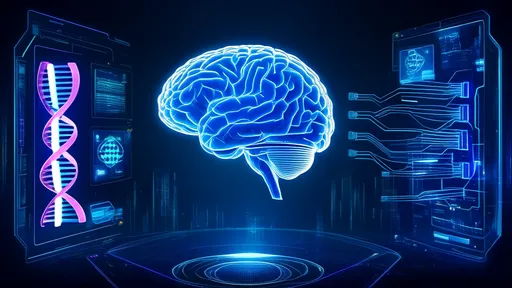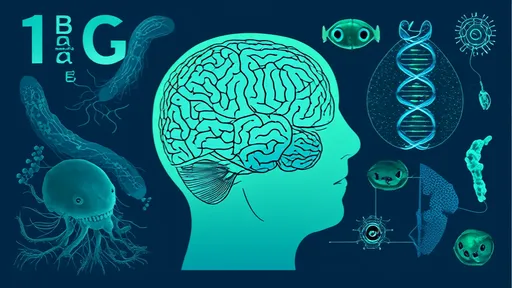The human brain remains the final frontier of personal privacy in our increasingly digitized world. As neurotechnology advances at a breathtaking pace, capable of reading and even altering our neural activity, a new civil rights movement has emerged to protect what many are calling "the last truly private space" - our thoughts.
Governments and advocacy groups worldwide are scrambling to establish legal frameworks to protect brain data privacy before the technology outpaces regulation. Chile made history in 2021 by becoming the first country to enact constitutional protections for brain activity, while the OECD and UN have begun drafting international neuro-rights principles. This global movement represents what legal scholars describe as the most significant expansion of human rights since the digital age began.
The stakes couldn't be higher. Current consumer neurotechnology devices can already detect basic emotional states and concentration levels through simple EEG headsets. Military applications under development include brain-computer interfaces that allow pilots to control drones with their thoughts. Meanwhile, medical breakthroughs in brain implants promise to restore mobility to the paralyzed - but at what cost to personal privacy?
Neuroscientists warn that brain data represents the ultimate biometric, far more intimate than fingerprints or retinal scans. "Your search history reveals what you're interested in," explains Dr. Elena Rodriguez of the Neuroethics Institute. "Your brain data shows how you think, how you feel, even how you might behave before you know it yourself. It's the difference between someone reading your diary and someone reading your mind."
Corporate interest in neural data has privacy advocates particularly alarmed. Tech giants have quietly acquired several neurotech startups in recent years, while social media platforms experiment with emotion detection algorithms. The potential for neuromarketing - using brain responses to optimize advertising - has already spawned a billion-dollar industry. Without robust protections, critics warn we may soon face a world where our subconscious preferences become just another data point for sale.
The legal challenges are unprecedented. Traditional privacy laws treat data as something created voluntarily through our actions. But brain activity happens constantly, whether we consent or not. "You can choose not to use a credit card or smartphone," notes human rights attorney Mark Chen. "You can't choose to stop your brain from generating data. That's why we need entirely new legal categories for cognitive liberty and mental integrity."
Emerging neuro-rights frameworks typically include five core protections: the right to cognitive liberty (freedom from coercive or manipulative neurotechnology), the right to mental privacy, the right to mental identity (protection against alterations to one's sense of self), the right to fair access to mental augmentation, and the right to protection from algorithmic bias in neurotechnology. These principles aim to prevent dystopian scenarios ranging from employers scanning workers' brains to governments suppressing dissent through neural monitoring.
Technologists counter that excessive regulation could stifle innovation in a field with tremendous medical potential. Brain-computer interfaces have already restored basic communication to locked-in syndrome patients, while neural implants show promise for treating depression and PTSD. "We're talking about giving people their lives back," argues Dr. Raj Patel, a biomedical engineer. "The answer isn't to halt progress but to develop ethical guidelines that allow beneficial applications while preventing abuse."
The debate grows more urgent as the technology becomes less invasive. Early brain scanners required massive MRI machines, but new generations of wearable devices can monitor neural activity through simple headbands or earbuds. Some experimental systems even use camera-based photoplethysmography to detect brain waves from subtle facial blood flow changes - meaning future devices might not require physical contact at all.
As with many emerging technologies, the neuro-rights conversation reveals fundamental tensions between innovation and ethics, between collective benefits and individual sovereignty. The decisions made in the coming years will shape nothing less than the future of human identity and autonomy in an age when our thoughts may no longer be ours alone. What began as science fiction has become one of the most pressing civil rights issues of our time - the battle to keep our minds our own.

By /Jul 3, 2025

By /Jul 3, 2025

By /Jul 3, 2025

By /Jul 3, 2025

By /Jul 3, 2025

By /Jul 3, 2025

By /Jul 3, 2025

By /Jul 3, 2025

By /Jul 3, 2025

By /Jul 3, 2025

By /Jul 3, 2025

By /Jul 3, 2025

By /Jul 3, 2025

By /Jul 3, 2025

By /Jul 3, 2025

By /Jul 3, 2025

By /Jul 3, 2025

By /Jul 3, 2025

By /Jul 3, 2025

By /Jul 3, 2025